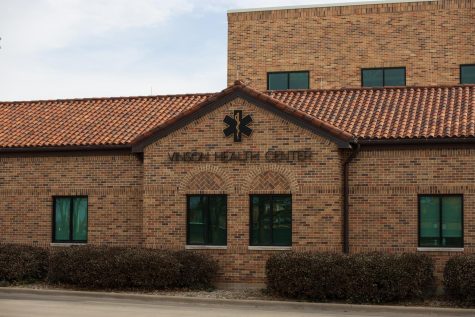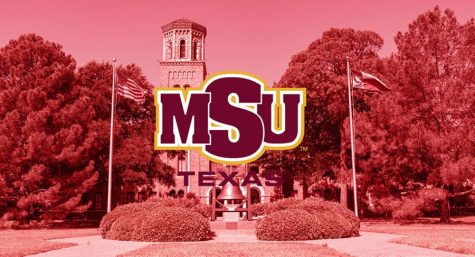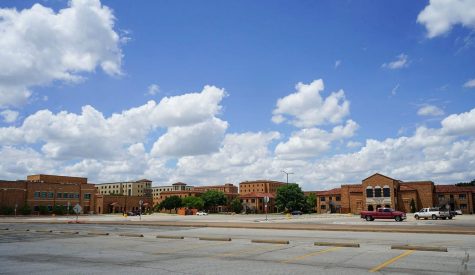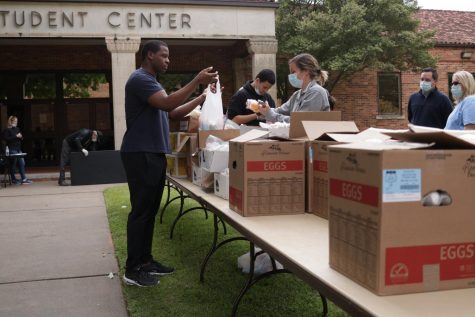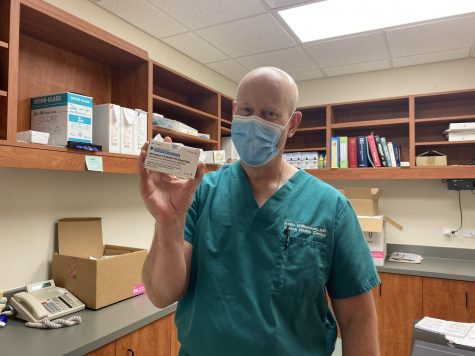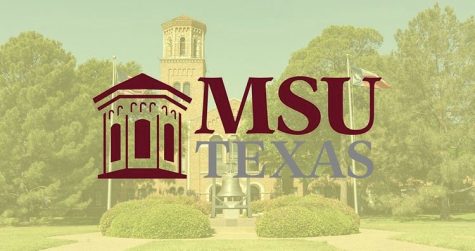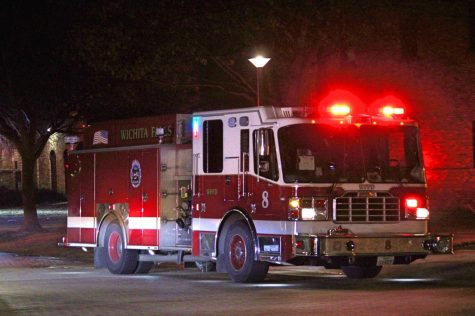MSU Texas to receive $4.4 million from CARES Act grant
The Higher Education Emergency Relief Fund, supported by the CARES Act, will grant MSU Texas $4,413,874 million in response to the COVID-19 pandemic. At least half of this sum must go towards “providing students with emergency financial aid grants to help cover expenses related to the disruption of campus operations due to the coronavirus.”
“We are so grateful for the support of the federal government, and we’re committed to distributing these funds correctly,” President Suzanne Shipley said. “Information is coming out now to us, and we will forward that to students. We just need to be sure to be accurate in what we share so everyone’s application is fully funded.”
The US Department of Education’s methodology on choosing how much each school receives is based on two components: the number of students enrolled and the number of PELL eligible students.
“That resulted in an allocation of $4,413,874 total aid of which half, or $2,206,937, must be used for ’emergency financial aid grants’ to students with their expenses related to the disruption of campus operations due to the coronavirus,” Vice President of Administration and Finance Beth Reissenweber said.
The workgroup that will handle the process of splitting up the funds to each student includes representatives from financial aid, student affairs, business office and information technology. To aid in this process, MSU will also unite with other universities in Texas to “ensure best practices and maximize a positive impact.”
“I will oversee the group while being mindful of our need to support our students in a timely manner while being thoughtful on how best to meet individual needs,” Reissenweber said.
Students may have to apply to receive their portion of the federal grant from MSU, and different approaches are yet to be explored as to the amount each student will acquire.
“We anticipate that students will have varying needs for the emergency funds. In order to allocate the funds to meet these needs, we may need to have students apply using a simple online application. The workgroup, however, still needs to determine the best way to expedite the disbursement to meet our students’ needs quickly.”
Students will receive the grant fund like they would for a student refund, through electronic funds transfers or a check.
“Guidance from The Secretary of State indicates that funds are to support student expenses related to the disruption of campus operations such as food, housing, course materials, technology, health care and child-care expenses.”
While students will be allocated at least $2.2 million of the $4.4 million, the other portion will be used to reimburse MSU for the bill accumulated from the COVID-19 pandemic. Although unsure how this sum will be distributed, Reissenweber looks forward to the guidance of the US Department of Education.
“We understand [it will be] in the next week or two. Right now everyone’s interest is on helping our students and our Funding Certification and Agreement covers the first $2.2 million for students,” Reissenweber said.
Texas A&M Kingsville will receive $7 million, Lubbock Christian University – $1.4 million, West Texas A&M University – $5.7 million, Texas A&M Commerce – $7.1 million and Angelo State University is set to receive $6.3 million.
“We are very grateful for the expediency in the federal government’s response to higher education’s needs and especially our students,” Reissenweber said. “Since we were not expecting funds, the $4.4M of support is a welcome and substantial figure. The allocation is weighted to benefit those institutions with more PELL eligible students.”

Heya! My name starts with Bridget and ends in Reilly. I moved to Wichita Falls five years ago from New South Wales, Australia. In December 2020 I will...



